Property Cooling Measures In Singapore: Will 60% Foreigner ABSD Really Affect Singapore’s Property Market?
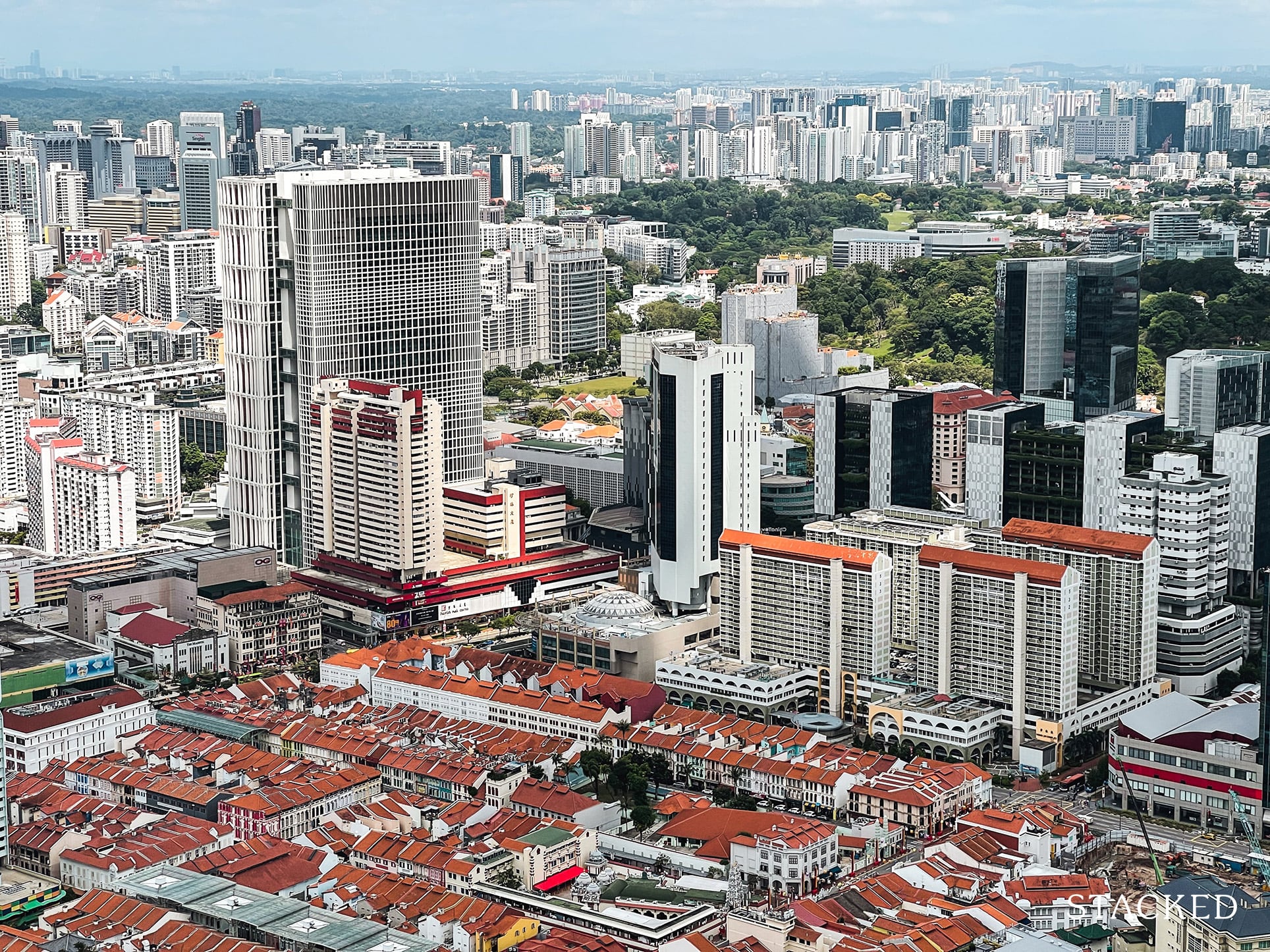
Get The Property Insights Serious Buyers Read First: Join 50,000+ readers who rely on our weekly breakdowns of Singapore’s property market.
A seasoned content strategist with over 17 years in the real estate and financial journalism sectors, Ryan has built a reputation for transforming complex industry jargon into accessible knowledge. With a track record of writing and editing for leading financial platforms and publications, Ryan's expertise has been recognised across various media outlets. His role as a former content editor for 99.co and a co-host for CNA 938's Open House programme underscores his commitment to providing valuable insights into the property market.
April 2023 has brought a new set of property cooling measures in Singapore, and as has been typical for the past few – it was announced at a time close to midnight so that no one has any time to react.
So the big news. ABSD rates have increased again, a move that’s not entirely unexpected given the still soaring home prices. What’s unusual this time is the specific targeting of foreign buyers – while ABSD for Singaporeans buying a second home rose by just three per cent, the April 2023 ABSD for foreigners has doubled. And given that it only just increased to 30 per cent in the December 2021 property cooling measures, this new figure of 60 per cent may appear as something that would be a strong deterrent for rich foreigners. We spoke to some realtors on the ground, who were caught off-guard by this specific rate increase:
| Additional Buyer’s Stamp Duty | Rates from December 16, 2021, to April 26, 2023 | New rates on or after April 27, 2023 | |
| Singapore Citizens | 1st residential property | 0% | 0% (no change) |
| 2nd residential property | 17% | 20% | |
| 3rd & subsequent residential property | 25% | 30% | |
| Permanent Residents | 1st residential property | 5% | 5% (no change) |
| 2nd residential property | 25% | 30% | |
| 3rd & subsequent residential property | 30% | 35% | |
| Foreigners | Any residential property | 30% | 60% |
An ABSD increase that mainly targets foreigners and entities
The April 2023 ABSD for Singapore Citizens buying a second property is now 20 per cent, and the April 2023 ABSD for a third or subsequent property is 30 per cent.
For Permanent Residents, April 2023’s ABSD for a second property is 30 per cent, and 35 per cent for a third or subsequent property.
For foreigners and non-developer entities, the April 2023’s ABSD rates are increased to 60 and 65 per cent respectively. Note that the 65 per cent tax on entities includes properties bought on trust.
April 2023’s ABSD rates for the first property remain unchanged for Singapore Citizens and PRs, and developers are still subject to 35 per cent ABSD.
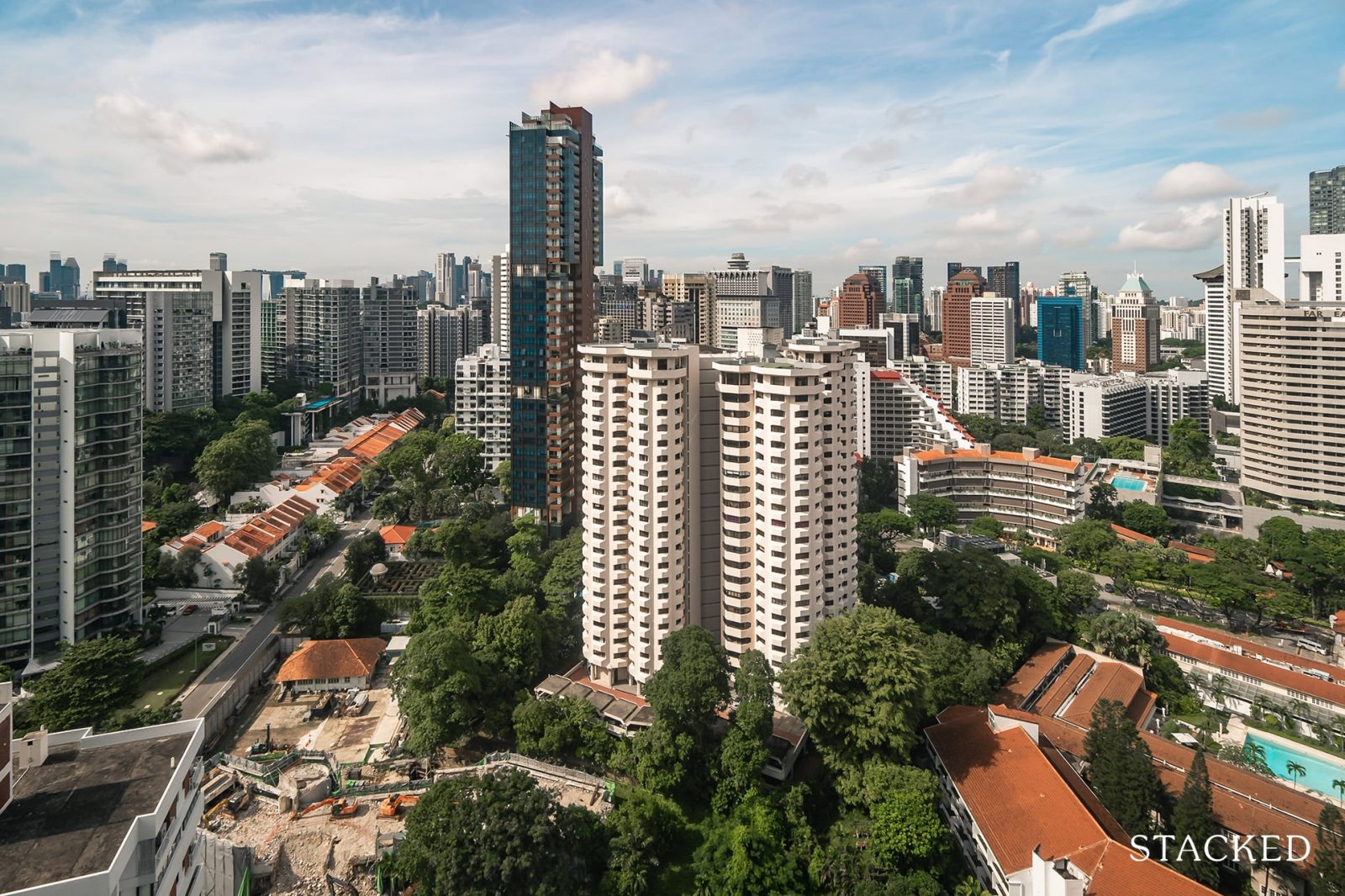
The decision to target foreigners is unexpected
As we pointed out in the second half of last year, foreign buyers accounted for a mere 3.3 per cent of property transactions, while entities accounted for 0.4 per cent. Besides the slim numbers, there’s also the issue of which properties foreigners tend to buy.
As most realtors were quick to point out, foreigners tend toward high-end properties in prime areas – district 9 or 10 condos, for instance, or perhaps bungalows on Sentosa Cove. To be very blunt, wealthy foreigners buy the kinds of property that the average Singaporean can’t afford anyway. This is where some realtors have been unable to explain the decision to target them.
Also, while this tax may seem like quite a big one to swallow for now, the truth is for the ultra-wealthy this wouldn’t still be that big of a prevention for them. The high-end trophy homes here like the GCBs aren’t something they can buy anyway, and the number of big penthouses mostly still doesn’t command figures like what you might see in places like London or New York.
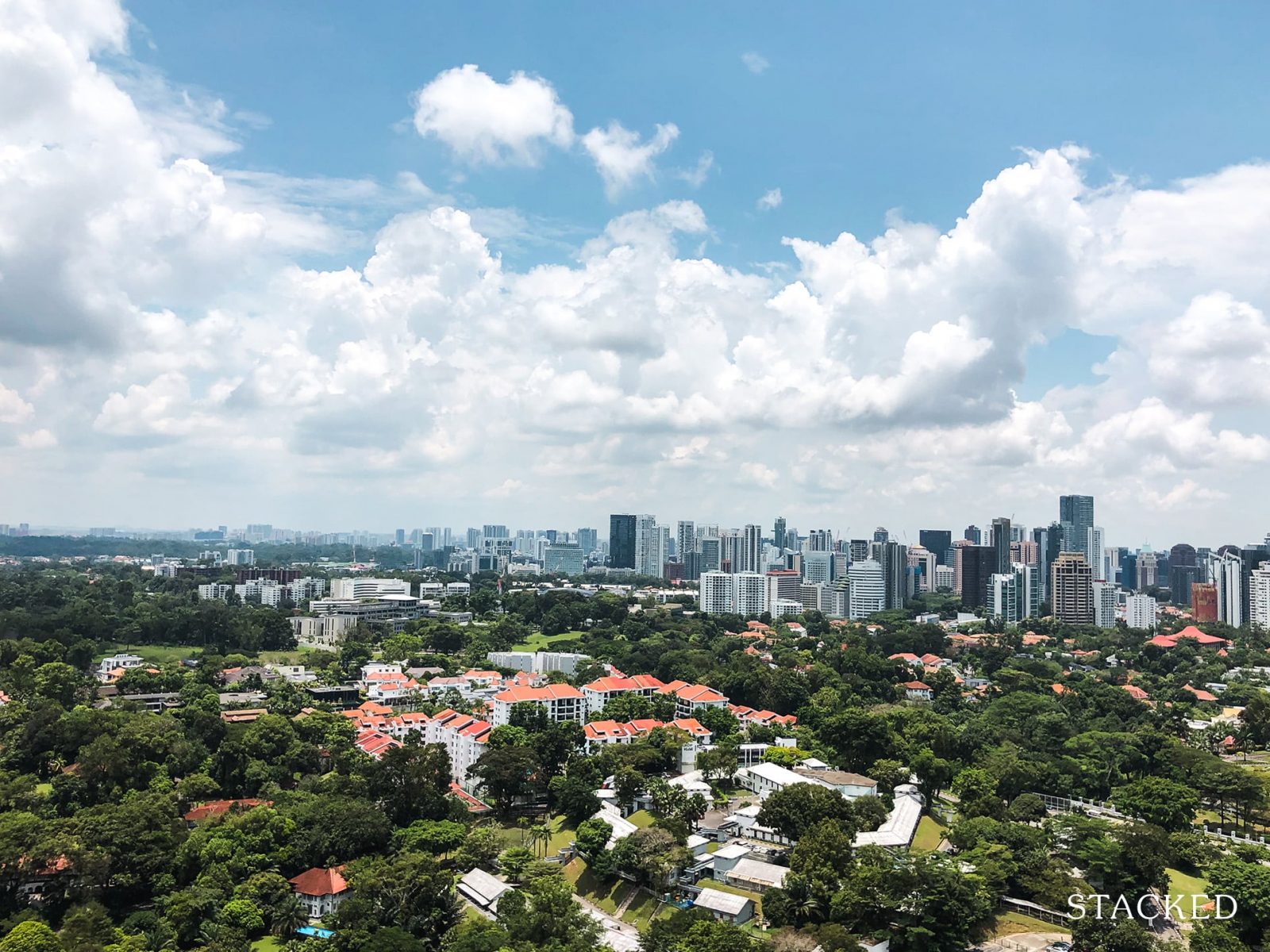
As foreigners buy CCR condos, this is the area that will likely be most impacted by the April 2023 cooling measure; and yet, this is also the region that has seen the slowest pace of price growth. Consider that, between 2013 to 2022, prices in the CCR have grown only around 3.6 per cent, as opposed to over 32 and 37 per cent in the RCR and OCR.
We can only hazard that our government knows something here that we don’t. From word on the ground, the most probable reason is the fear of a flight to safety: wealthy foreigners deciding that Singapore property is a haven in the current volatile environment, and rushing to park their capital here.
One of the factors guessed at is the increasing regulation in some overseas banking sectors, following some collapsed financial institutions in the US. Tighter regulatory measures sometimes cause a knee-jerk reaction, with wealthier customers choosing to move their money elsewhere.
More from Stacked
Is It Really Mad To Pay $1 Million For A Woodlands HDB? We Find Out If There Are Better Condo Alternatives
I can’t help but notice that Singapore’s resale HDB prices have been performing inversely to the stock market (for the…
One realtor even speculated that, by removing wealthy foreigners as possible buyers of resale properties, these property cooling measures will help to cool the market in Singapore.
This could also be a move born out of reactions to what some other countries are doing to safeguard property prices from wealthy foreigners. Canada, for instance, has taken on even more drastic measures of banning foreigners from buying homes for two years. In places like Ontario and British Columbia where home prices are the highest, non-Canadian residents make up less than 6 per cent of the population – so it’s not as if it’s a huge proportion there either.
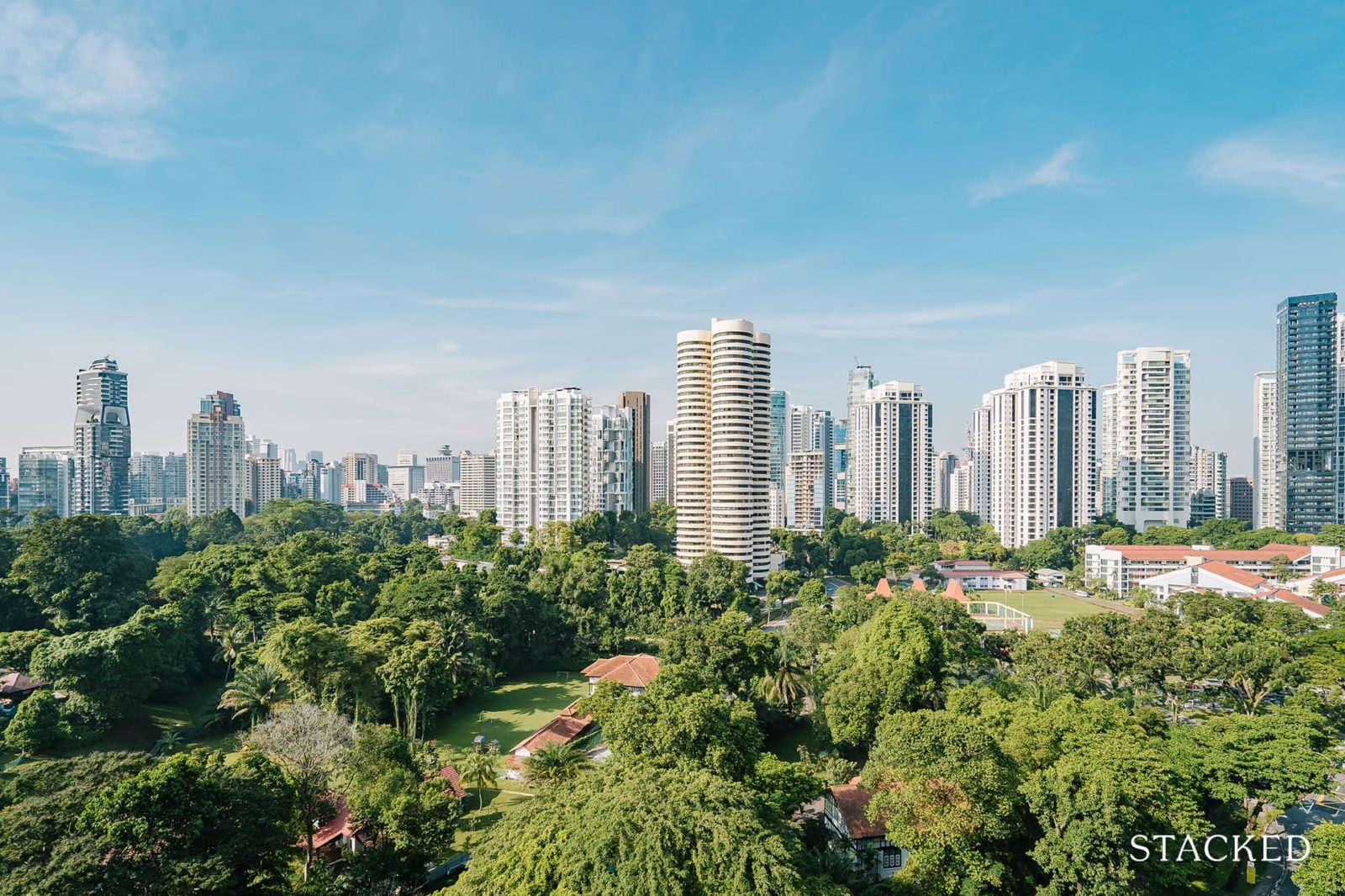
Potential impact on property owners
The biggest risk here is on owners of CCR properties. With foreigners disincentivised to buy, the prospective buyer pool may have shrunk significantly. On the flip side, this could benefit the CCR rental market; most realtors believe that a bigger proportion of foreigners will now be inclined to rent for the time being, given the massive tax.
That may not be a relief to everyone though, as not every CCR investor is interested in being a landlord.
This latest move could also spur local interest in the CCR again. If prices moderate in the prime regions, and the price gap with the RCR or OCR narrows, more Singaporeans may start to consider central region condos a viable buy. There are after all, fewer rich foreigners to compete with now.
Note that all this is technically a negative for Executive Condominiums (ECs) nearing the 11th year. With ABSD rates being sky-high for foreigners and entities, it’s no longer a huge advantage that ECs can now be sold to them. But given that few foreigners have shown interest in ECs, this is unlikely to make a huge impact.
On a wider scale, the increase to 20 per cent ABSD (for a second home for Singapore Citizens) is not expected to make a massive difference.
Most realtors pointed out that the market is mostly driven by HDB upgraders. The only probable change is that more buyers will now sell their flat before buying the condo, as this removes the need for upfront ABSD payment.
This could be a further boon to the rental market, as those who buy before selling are more likely to need temporary accommodation.
Almost all realtors are expecting a slowdown in the price increases, as historically buyers have switched to a wait-and-see approach after cooling measures. However, one realtor said that those expecting an actual price drop are too optimistic:
“The developer pricing already factored in land costs, development costs, and marketing costs; these were already paid before the new cooling measure. Most of them can’t decrease the price even if ABSD is higher. Anyway, fundamental demand remains strong, as second or third home buyers are a small number.”
So while the pace of price increases may slow, we can’t say a wait-and-see approach for discounts is likely to pay off. As the same realtor pointed out, waiting didn’t pay off back in 2018 either (during the last round of property cooling measures in Singapore).
On the developer side, we were told in confidence that – whilst higher ABSD could impact the pace of new launch sales – developers have more pressing concerns. The main issues facing developers remain depleted land banks, higher Land Betterment Charges, and a rising interest rate environment.
The same person said that rectifying these issues would be a more practical and effective way to cool the market, as opposed to raising ABSD.
For more on the situation as it unfolds, follow us on Stacked. We’ll keep you updated on the recent trends and changes in the property market (or if there are any new property cooling measures in Singapore). If you’d like to get in touch for a more in-depth consultation, you can do so here.
Ryan J
A seasoned content strategist with over 17 years in the real estate and financial journalism sectors, Ryan has built a reputation for transforming complex industry jargon into accessible knowledge. With a track record of writing and editing for leading financial platforms and publications, Ryan's expertise has been recognised across various media outlets. His role as a former content editor for 99.co and a co-host for CNA 938's Open House programme underscores his commitment to providing valuable insights into the property market.Read next from Singapore Property News
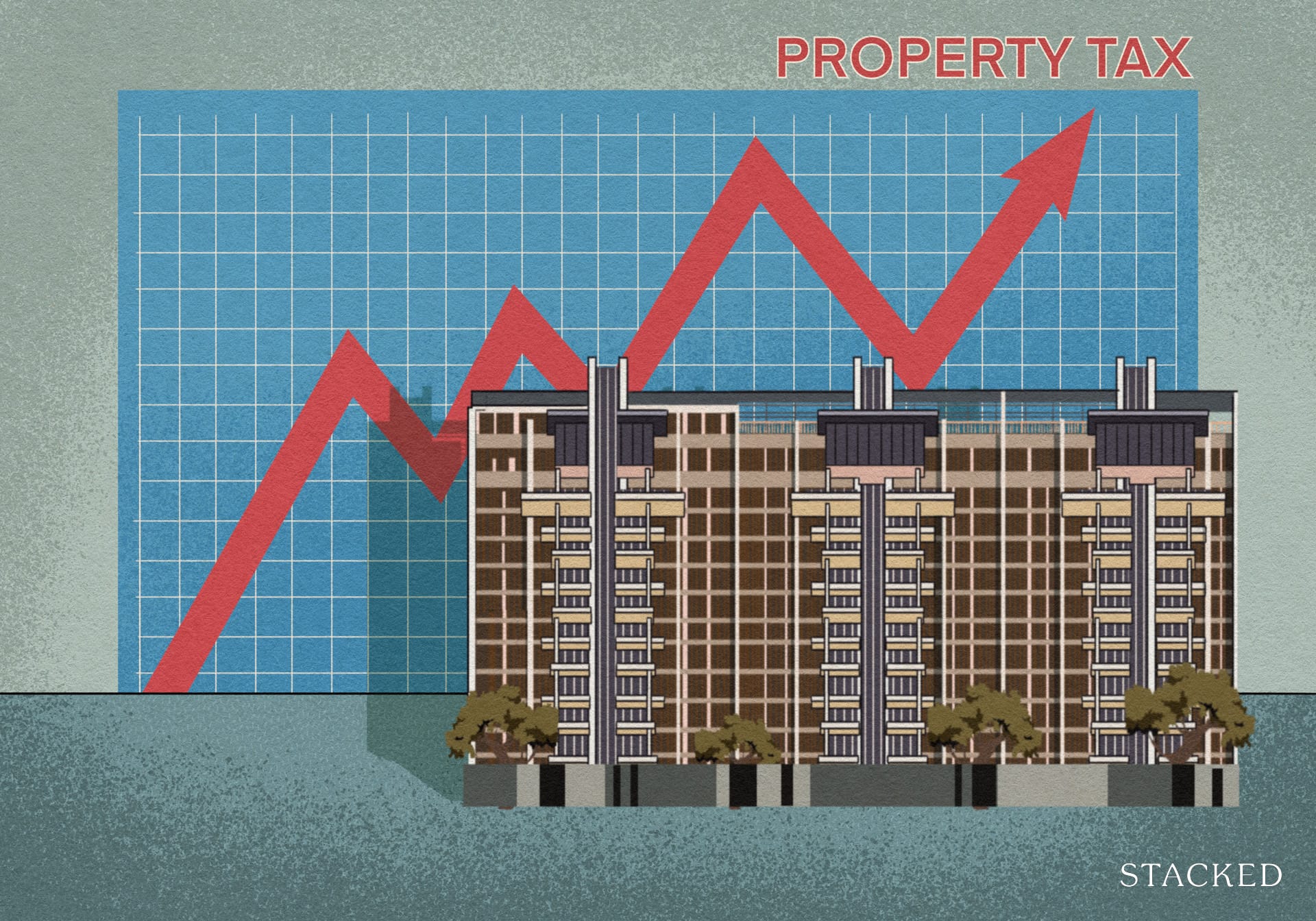
Singapore Property News Higher 2025 Seller’s Stamp Duty Rates Just Dropped: Should Buyers And Sellers Be Worried?
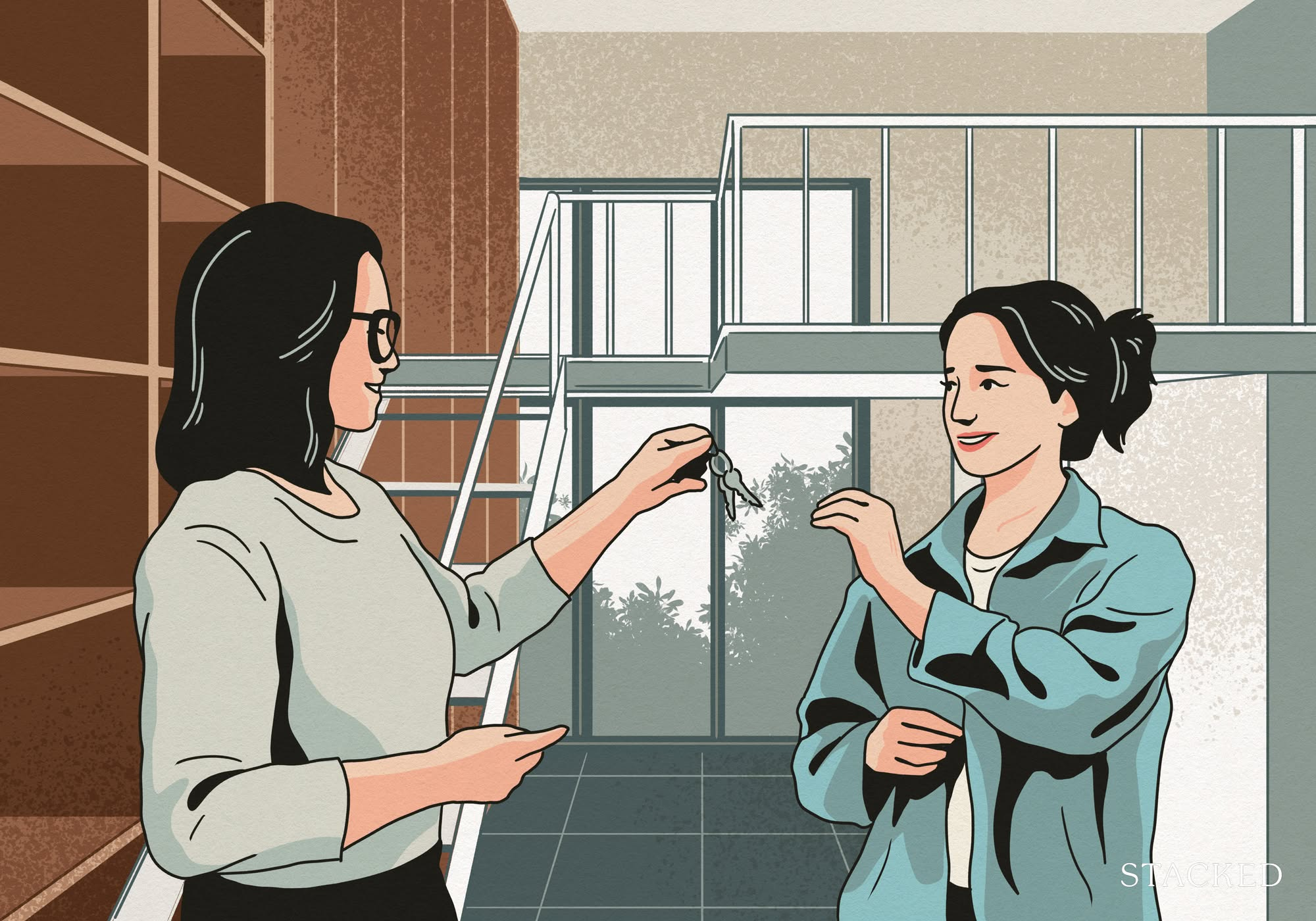
Singapore Property News They Paid Rent On Time—And Still Got Evicted. Here’s The Messy Truth About Subletting In Singapore.
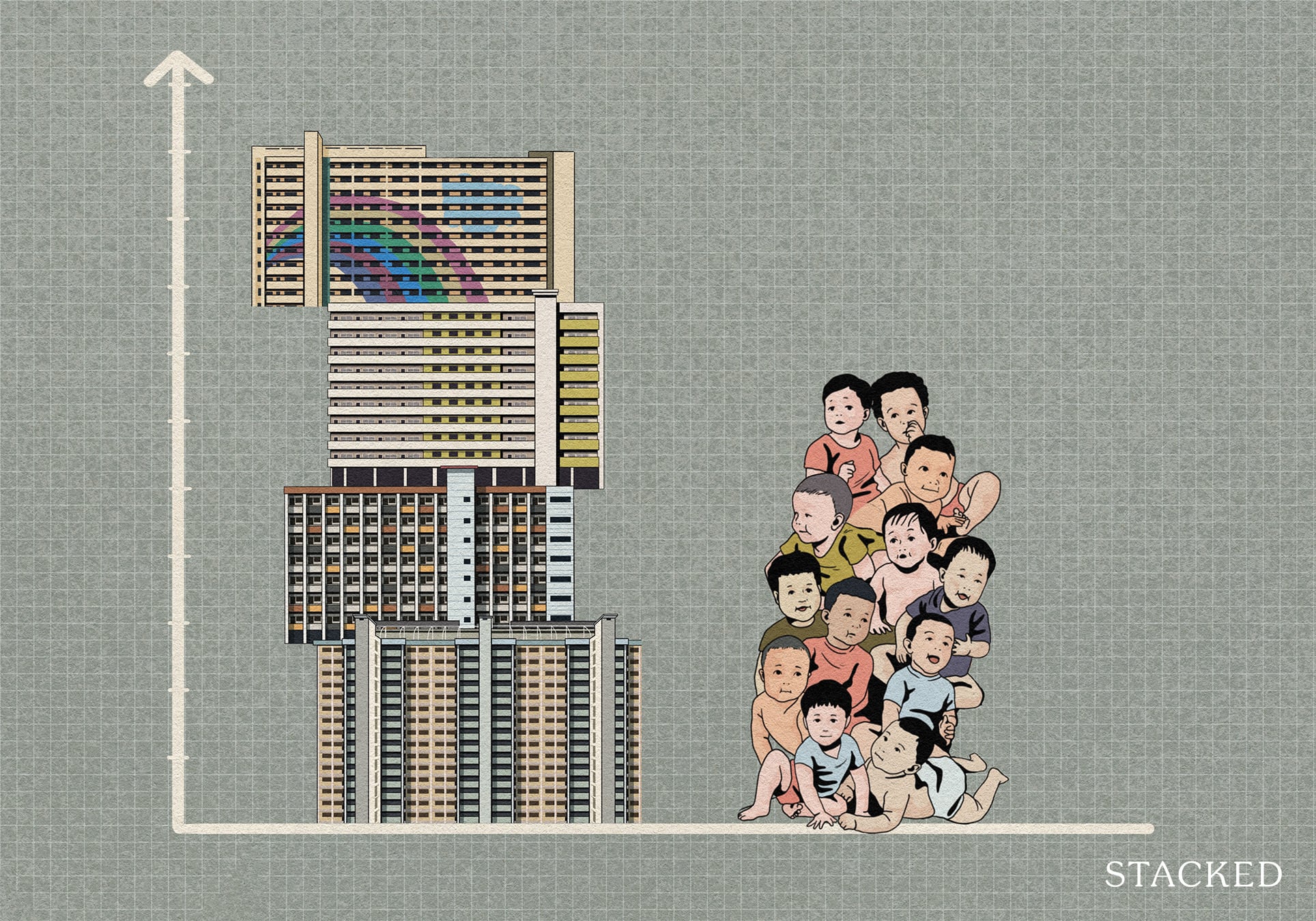
Singapore Property News Is Our Housing Policy Secretly Singapore’s Most Effective Birth Control?
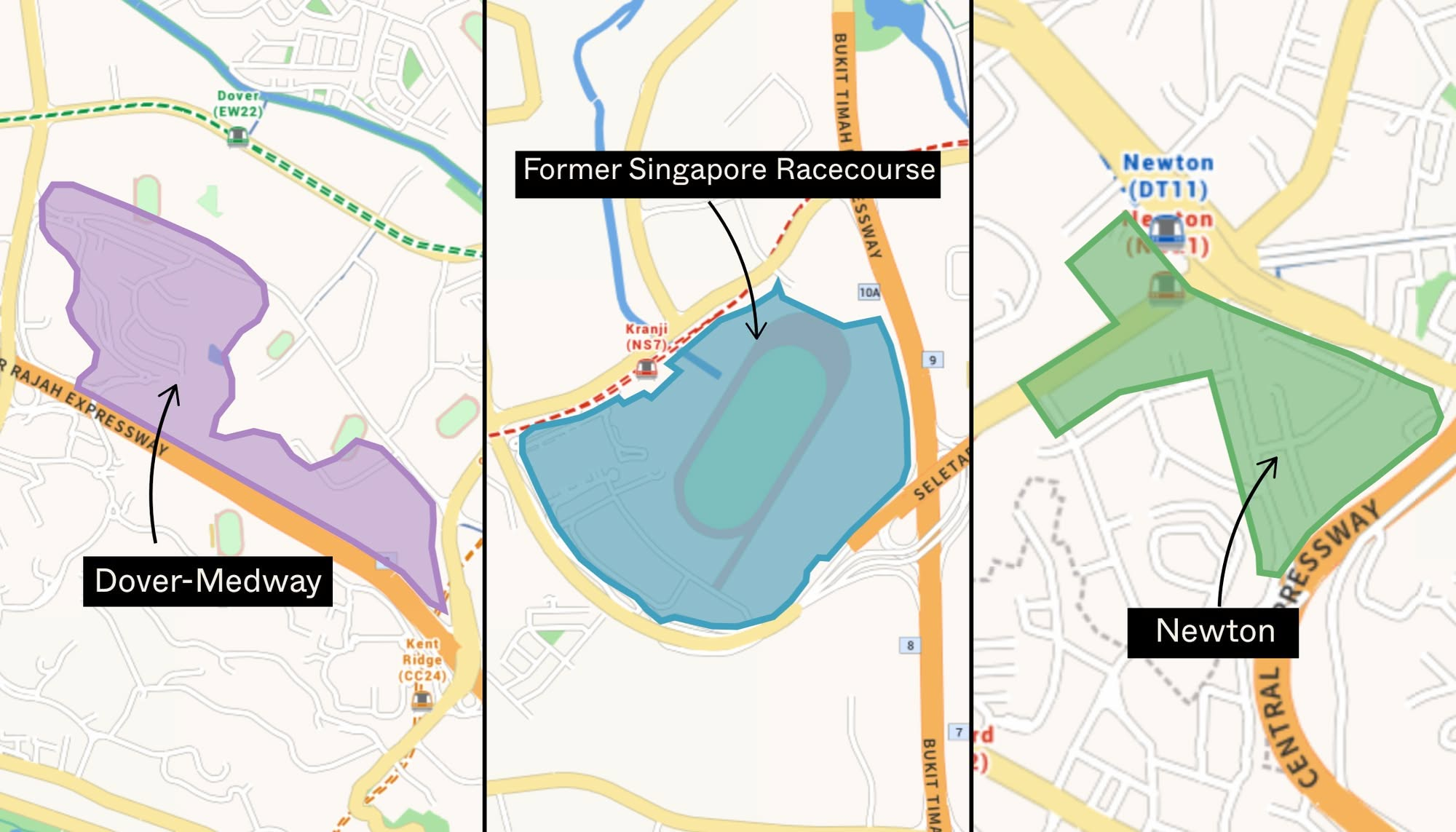
Singapore Property News URA’s 2025 Draft Master Plan: 80,000 New Homes Across 10 Estates — Here’s What To Look Out For
Latest Posts
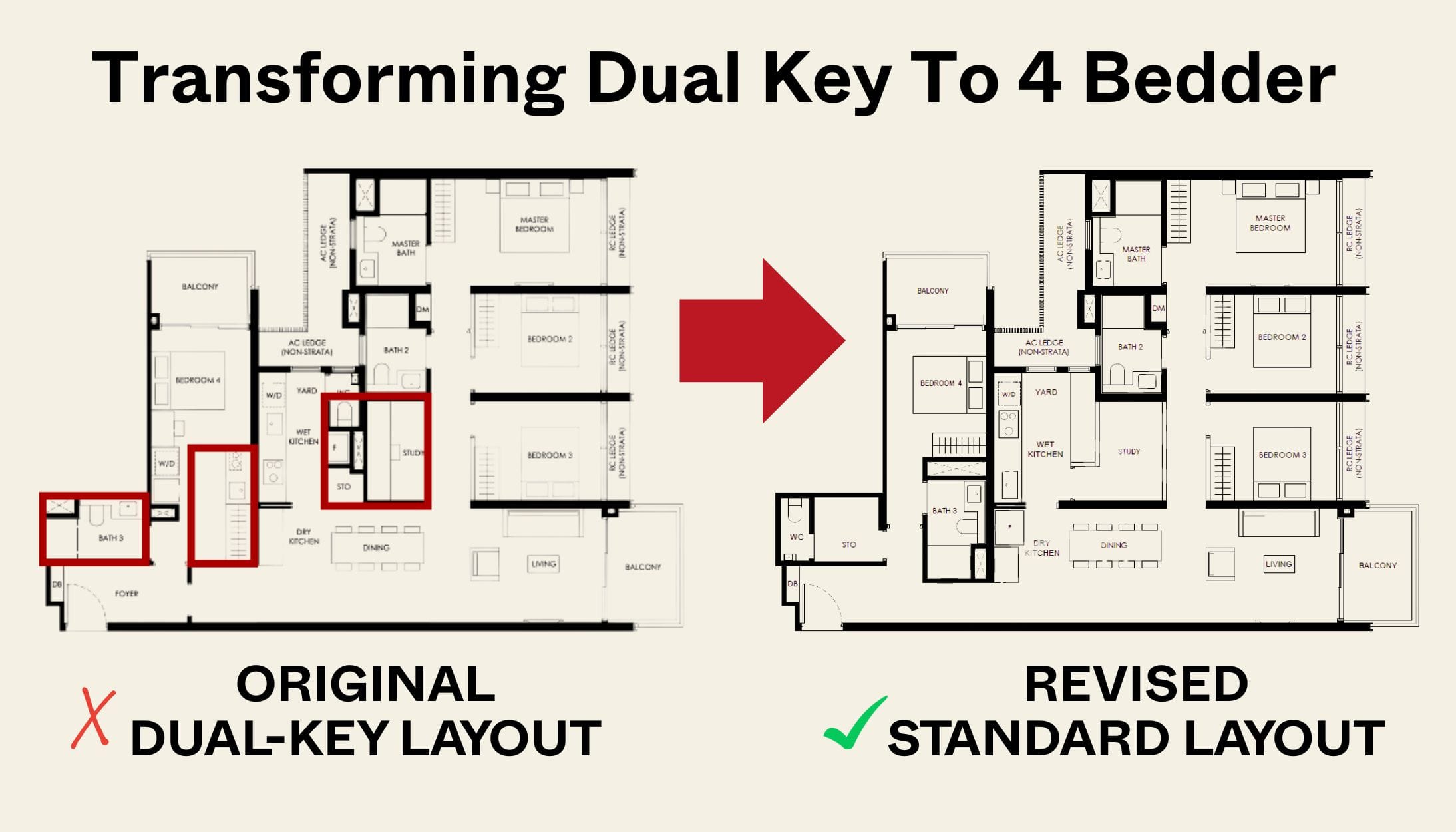
New Launch Condo Reviews Transforming A Dual-Key Into A Family-Friendly 4-Bedder: We Revisit Nava Grove’s New Layout

On The Market 5 Cheapest HDB Flats Near MRT Stations Under $500,000
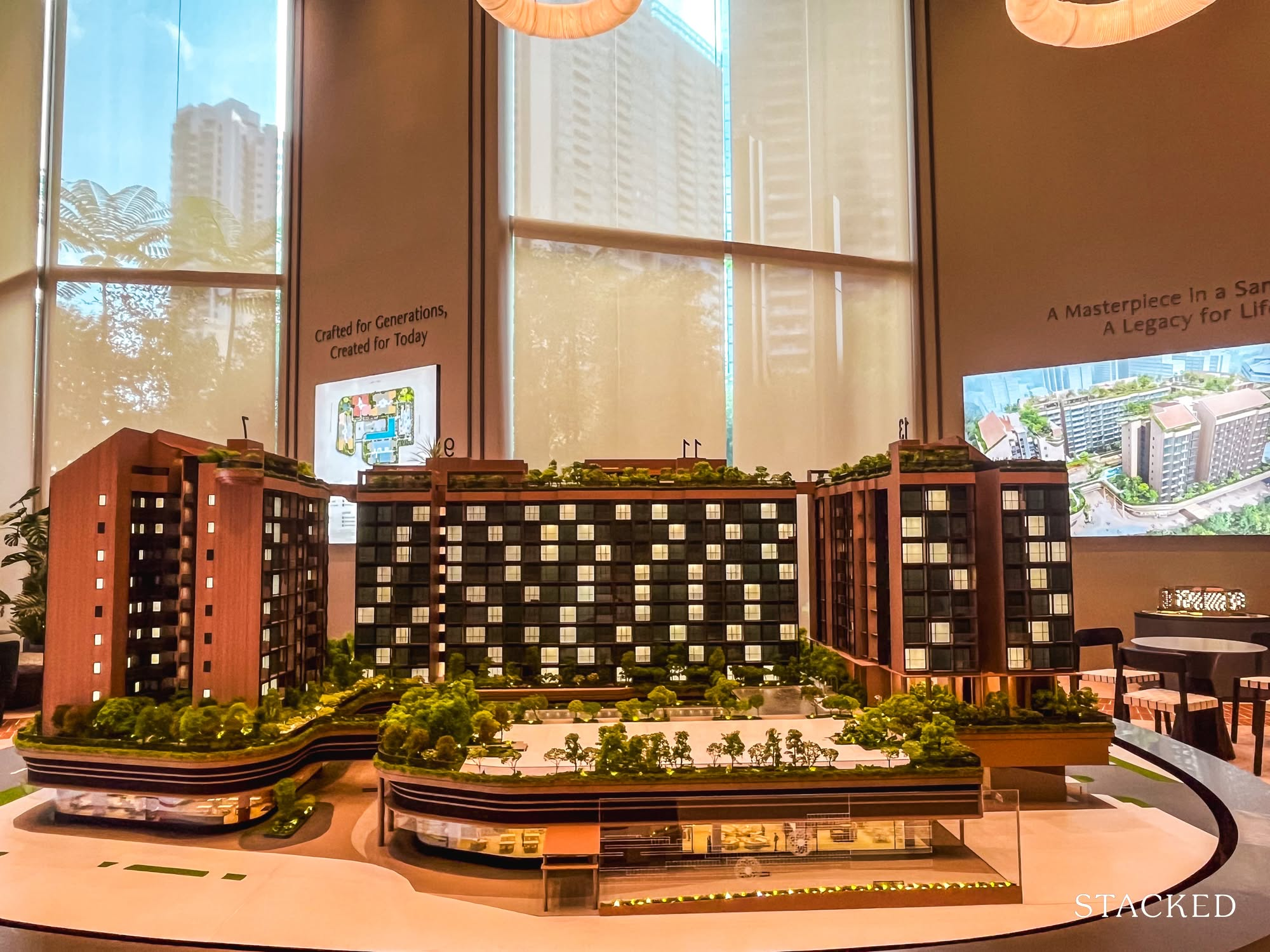
New Launch Condo Reviews The Robertson Opus Review: A Rare 999-Year New Launch Condo Priced From $1.37m
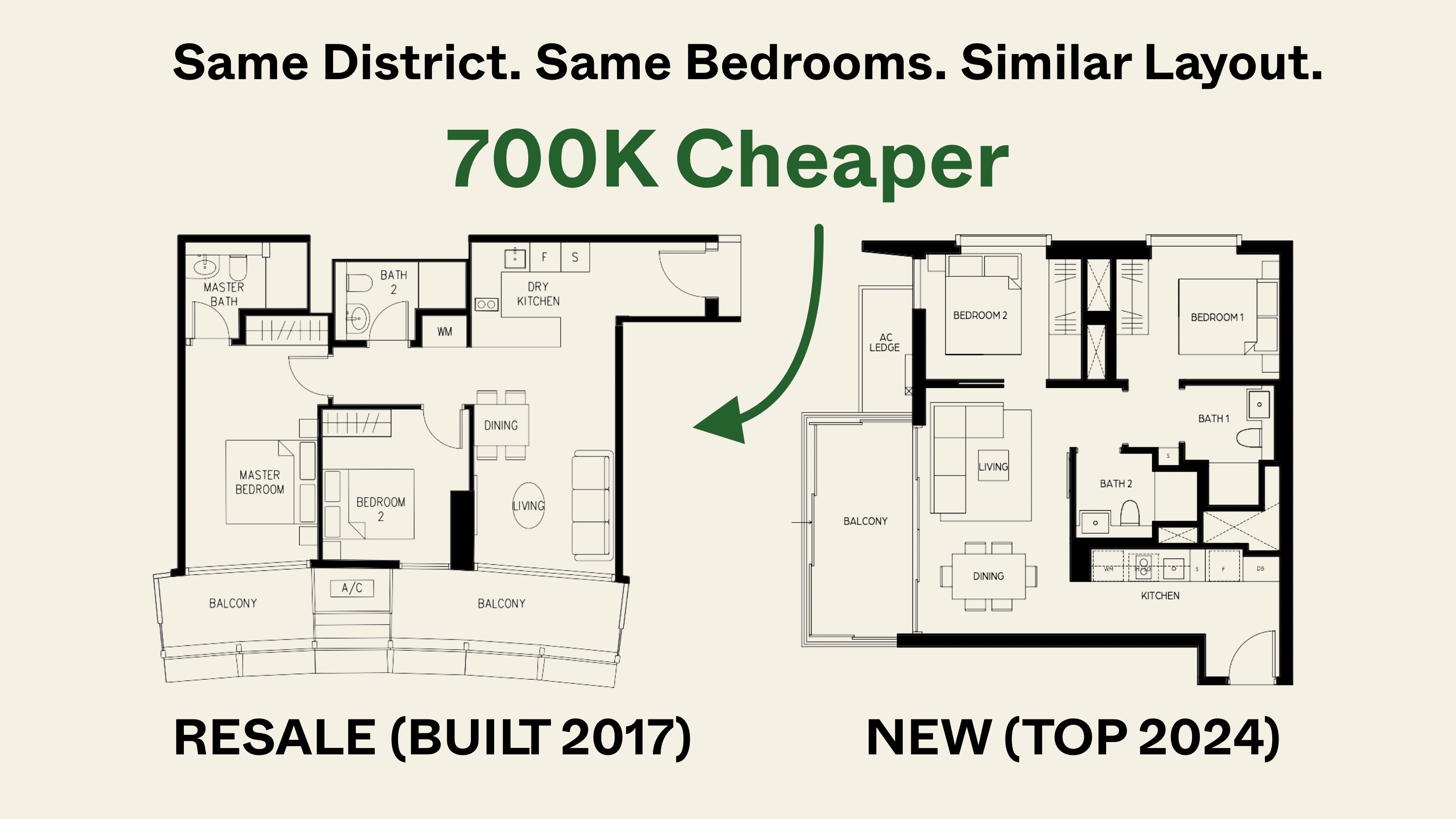
Pro Same Location, But Over $700k Cheaper: We Compare New Launch Vs Resale Condos In District 7
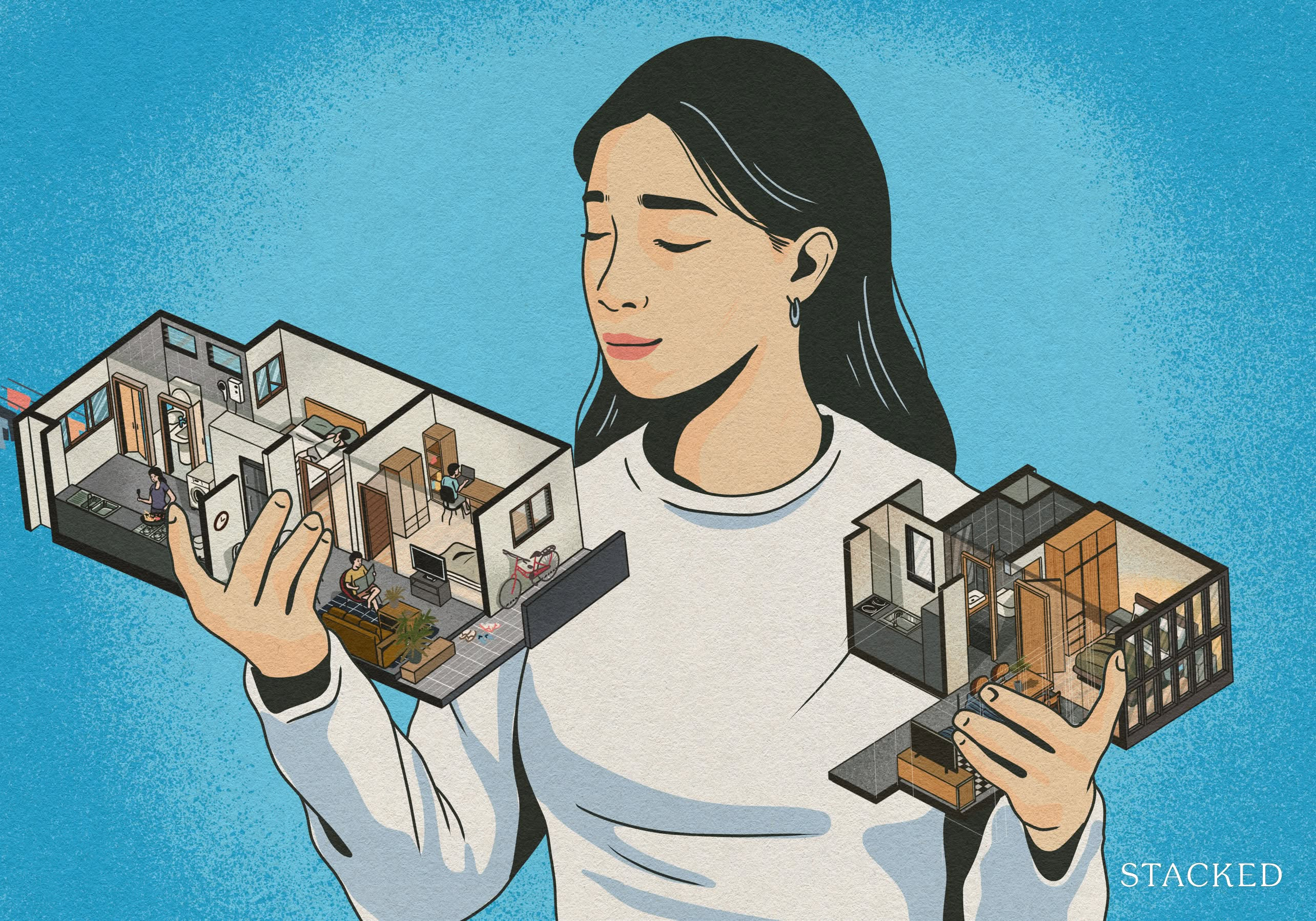
Property Trends Why Upgrading From An HDB Is Harder (And Riskier) Than It Was Since Covid
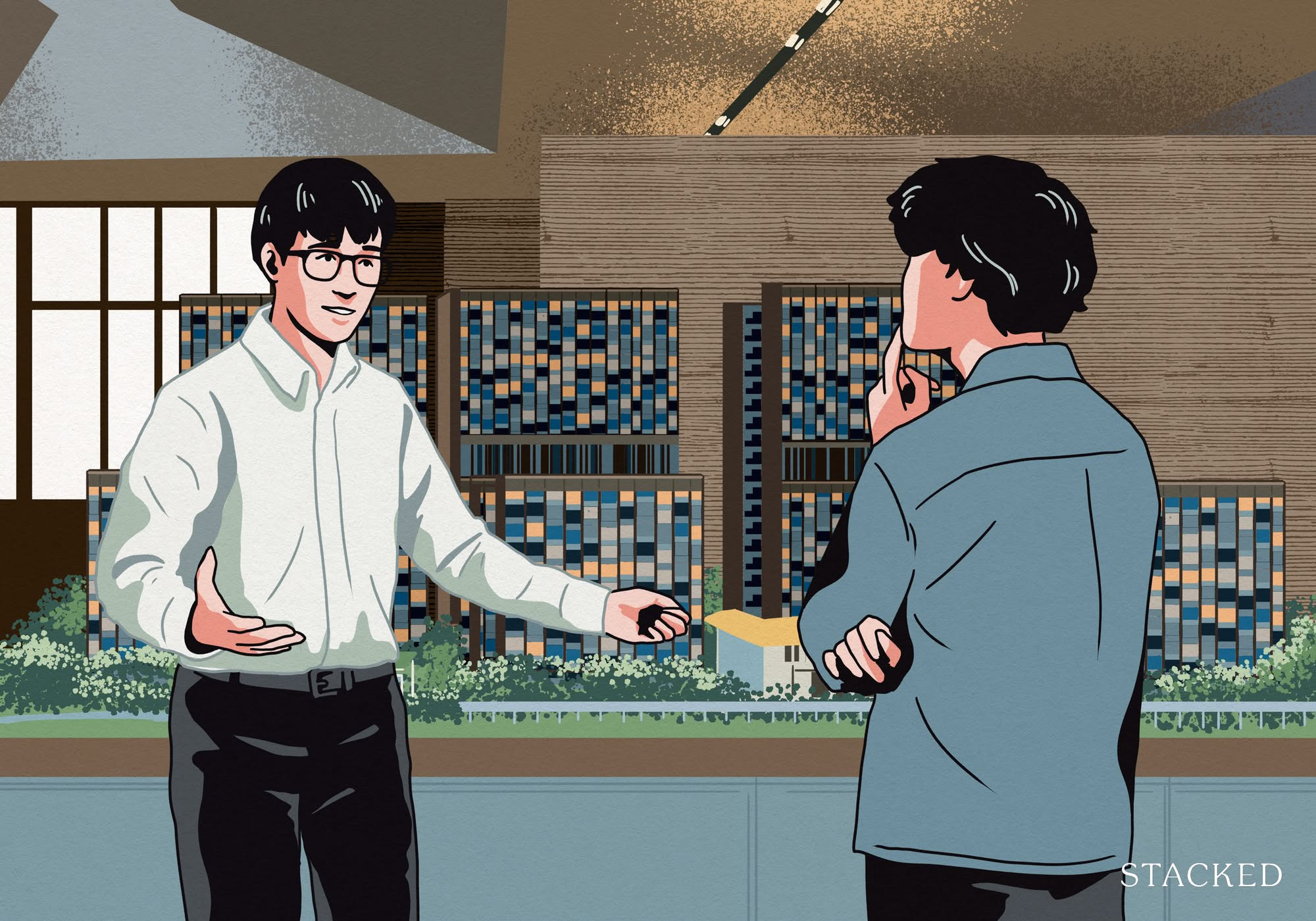
Property Market Commentary A First-Time Condo Buyer’s Guide To Evaluating Property Developers In Singapore
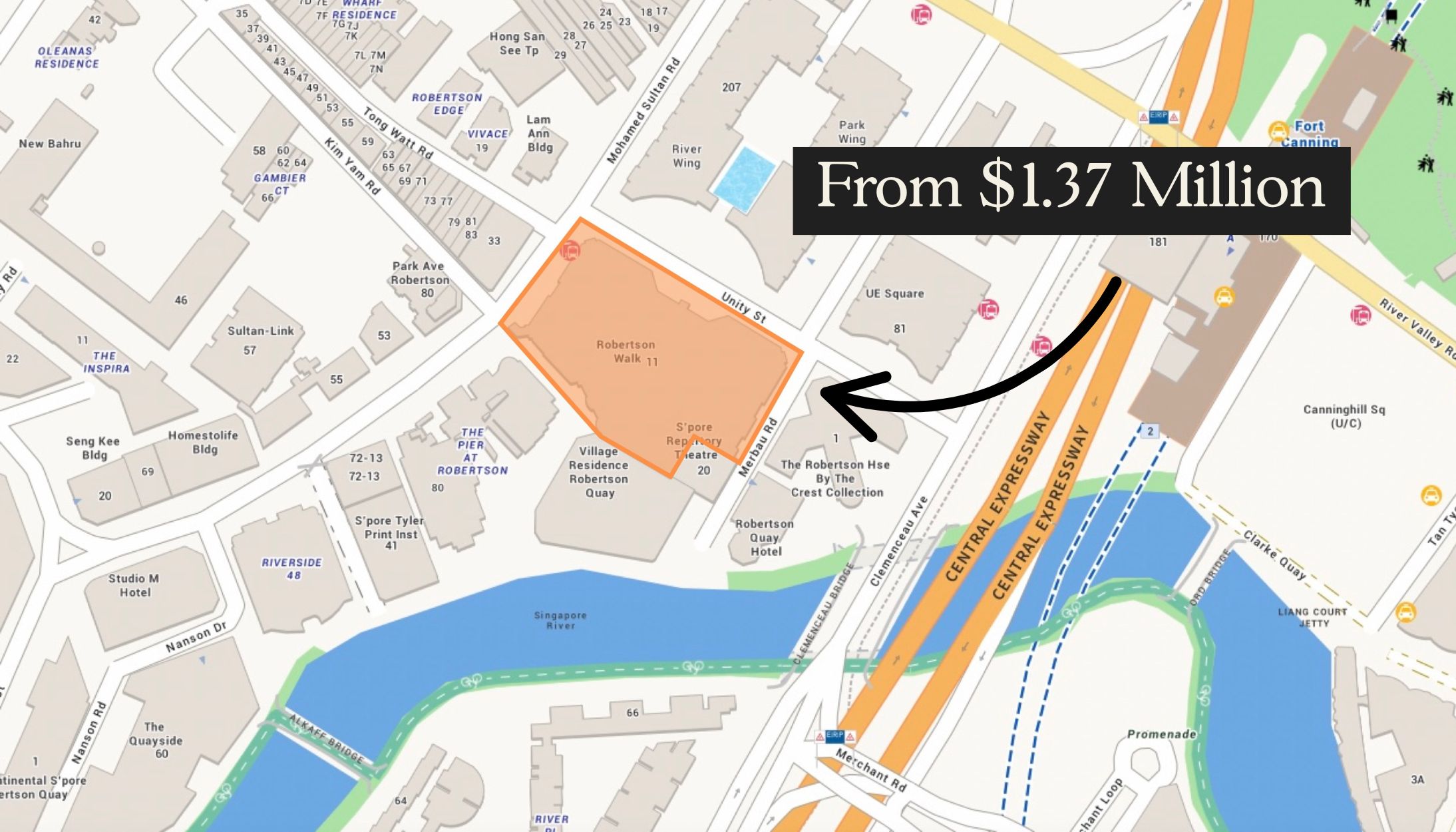
New Launch Condo Analysis This Rare 999-Year New Launch Condo Is The Redevelopment Of Robertson Walk. Is Robertson Opus Worth A Look?
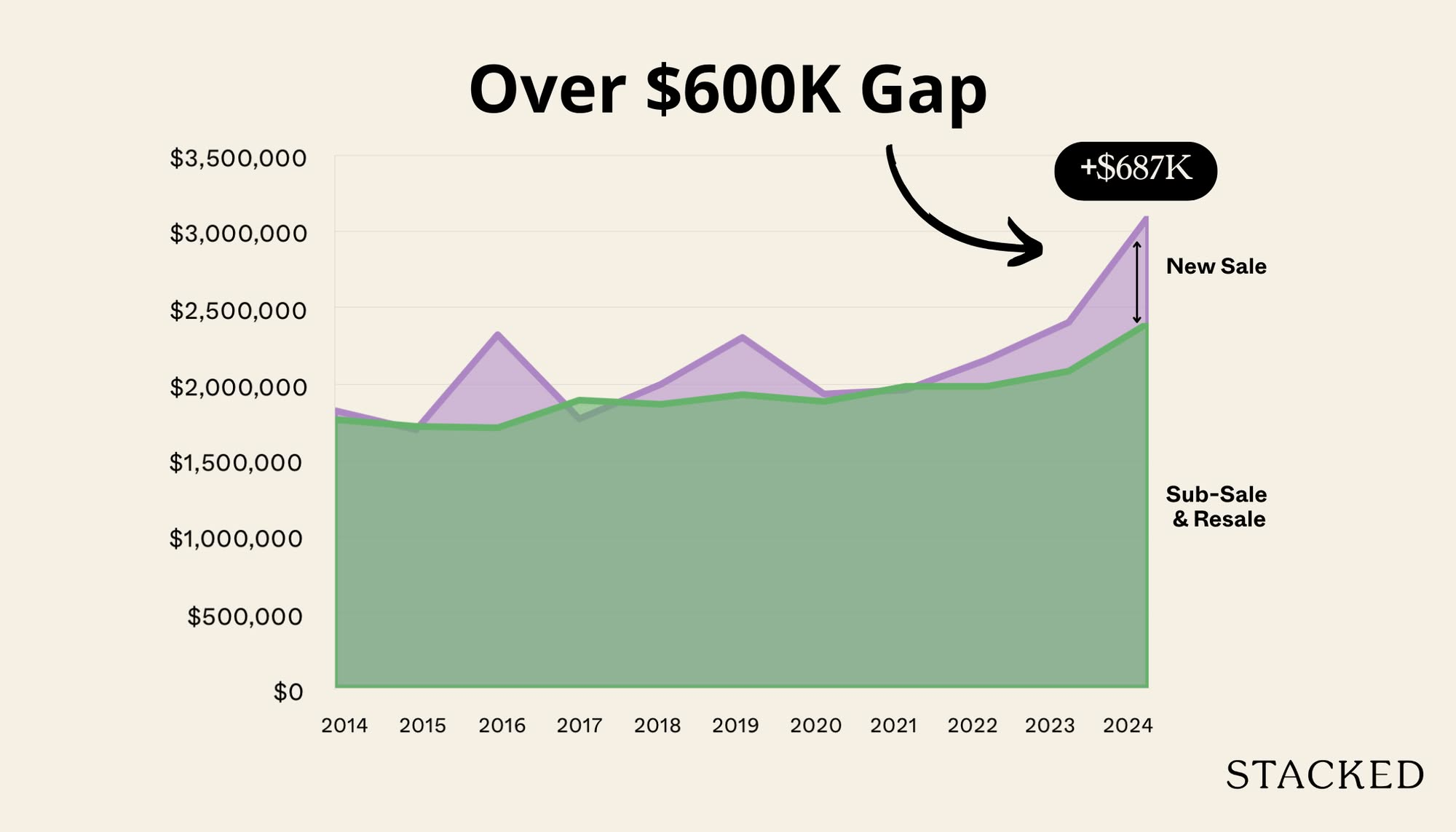
Pro We Compared New Vs Resale Condo Prices In District 10—Here’s Why New 2-Bedders Now Cost Over $600K More
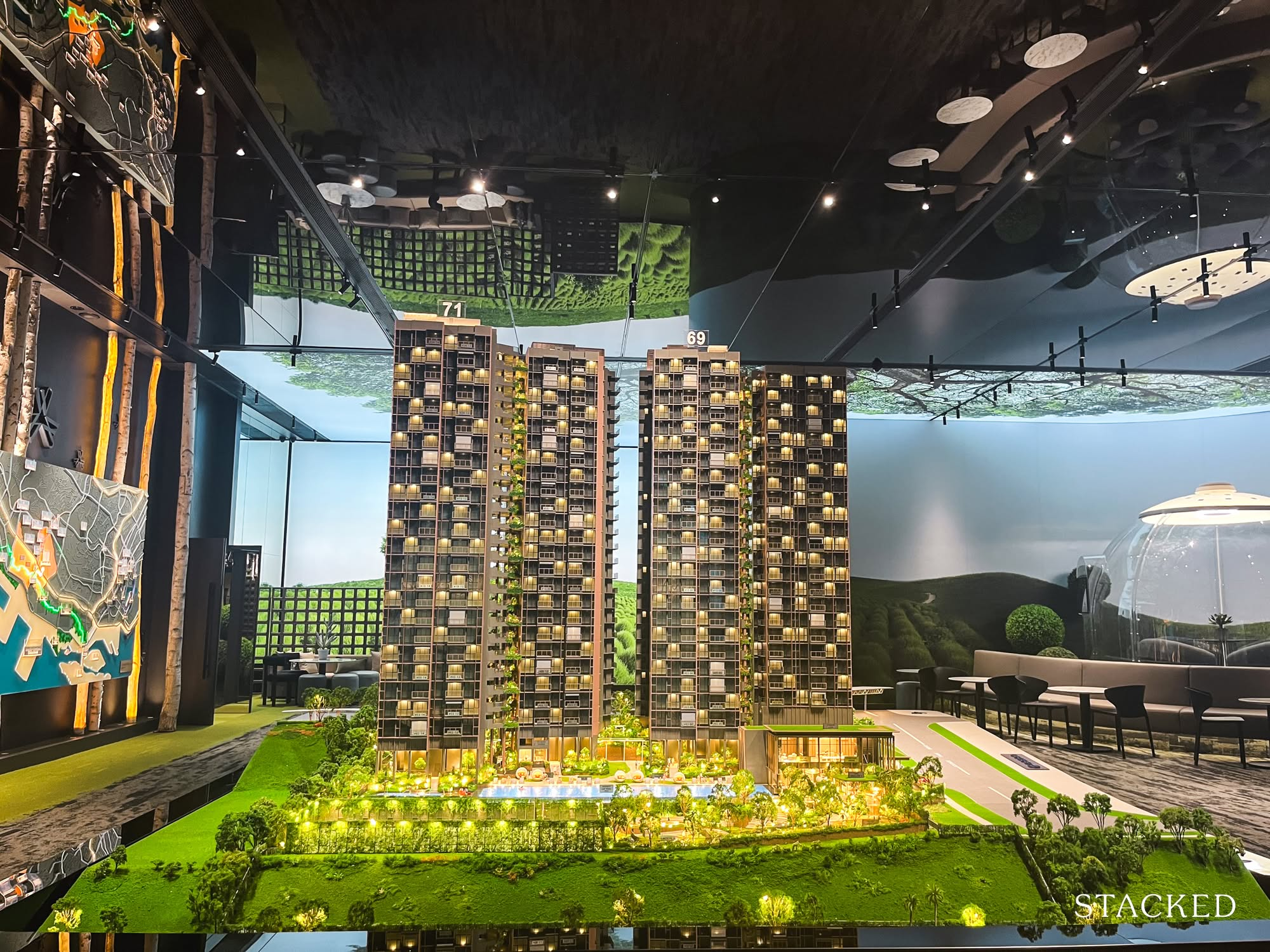
New Launch Condo Reviews LyndenWoods Condo Review: 343 Units, 3 Pools, And A Pickleball Court From $1.39m
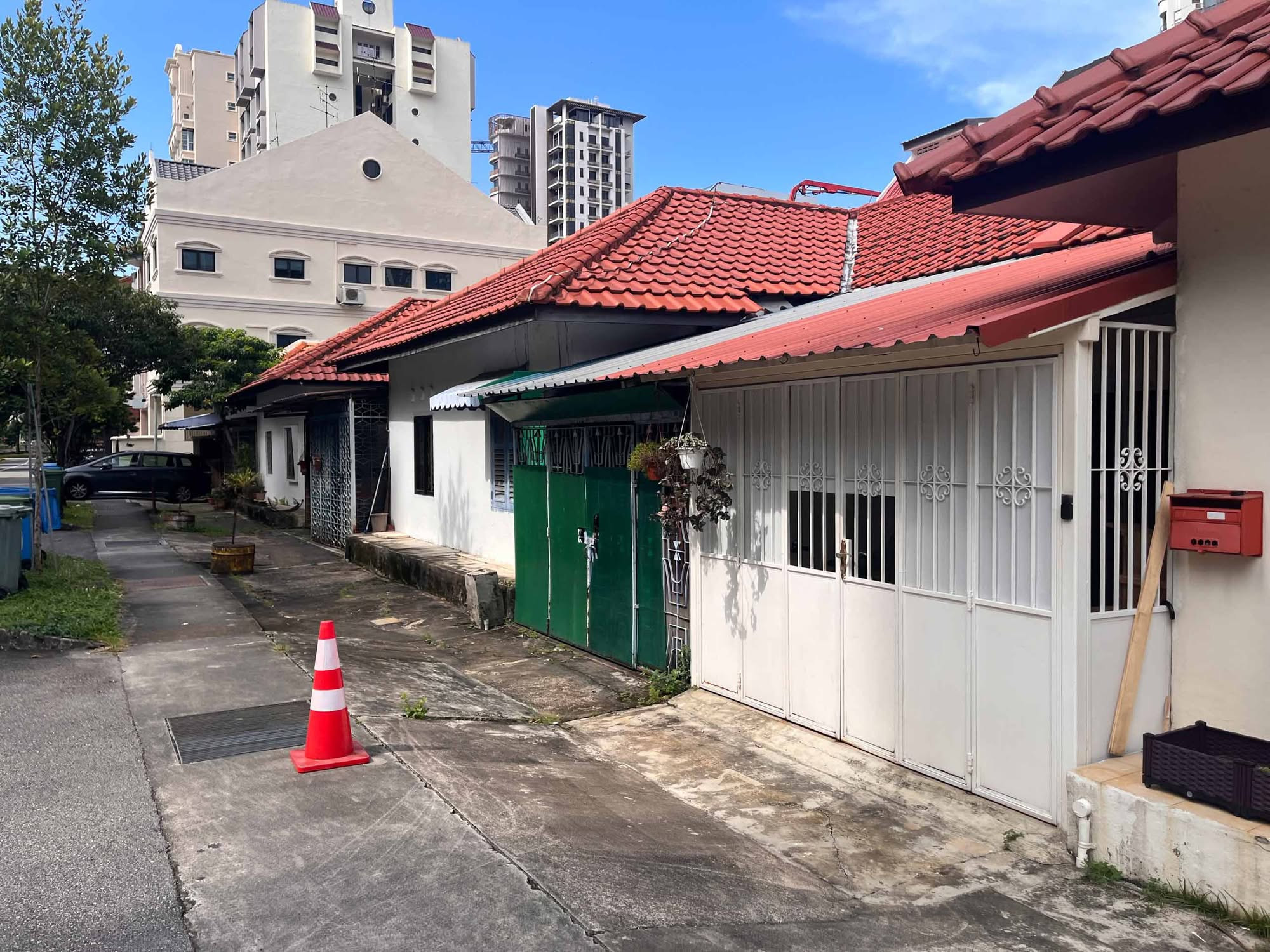
Landed Home Tours We Tour Affordable Freehold Landed Homes In Balestier From $3.4m (From Jalan Ampas To Boon Teck Road)
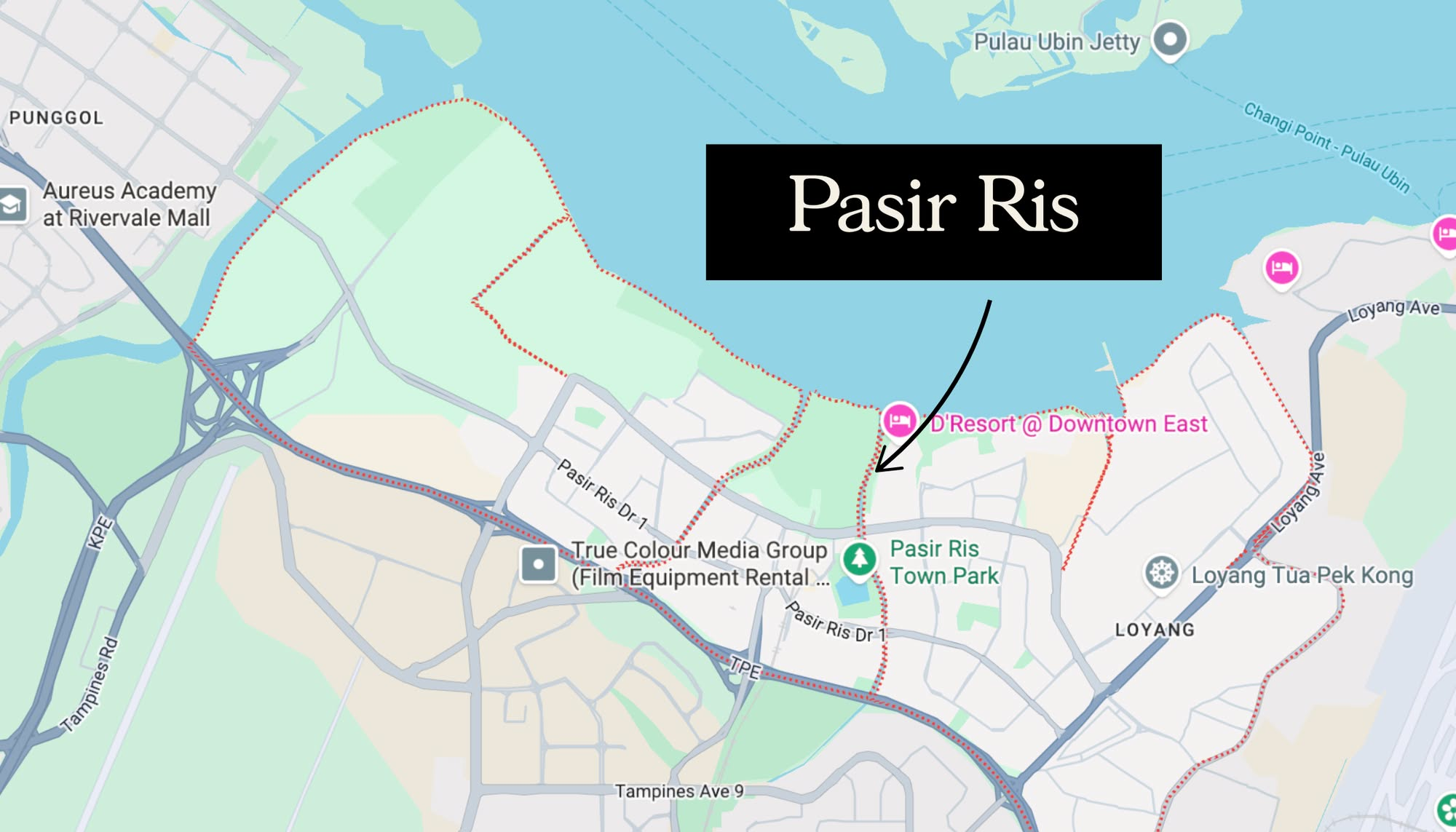
Property Market Commentary Why More Young Families Are Moving to Pasir Ris (Hint: It’s Not Just About the New EC)
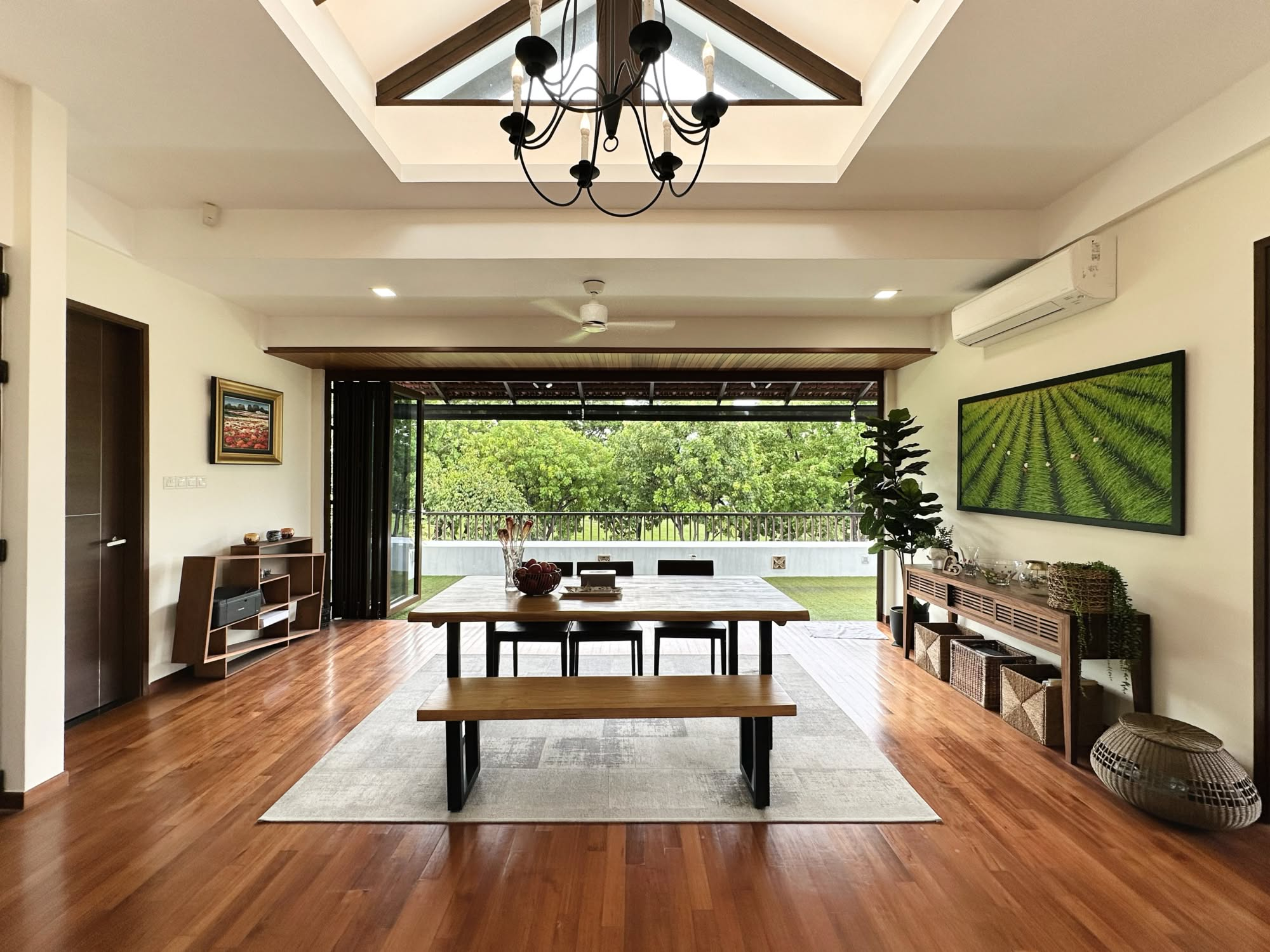
On The Market A 10,000 Sq Ft Freehold Landed Home In The East Is On The Market For $10.8M: Here’s A Closer Look
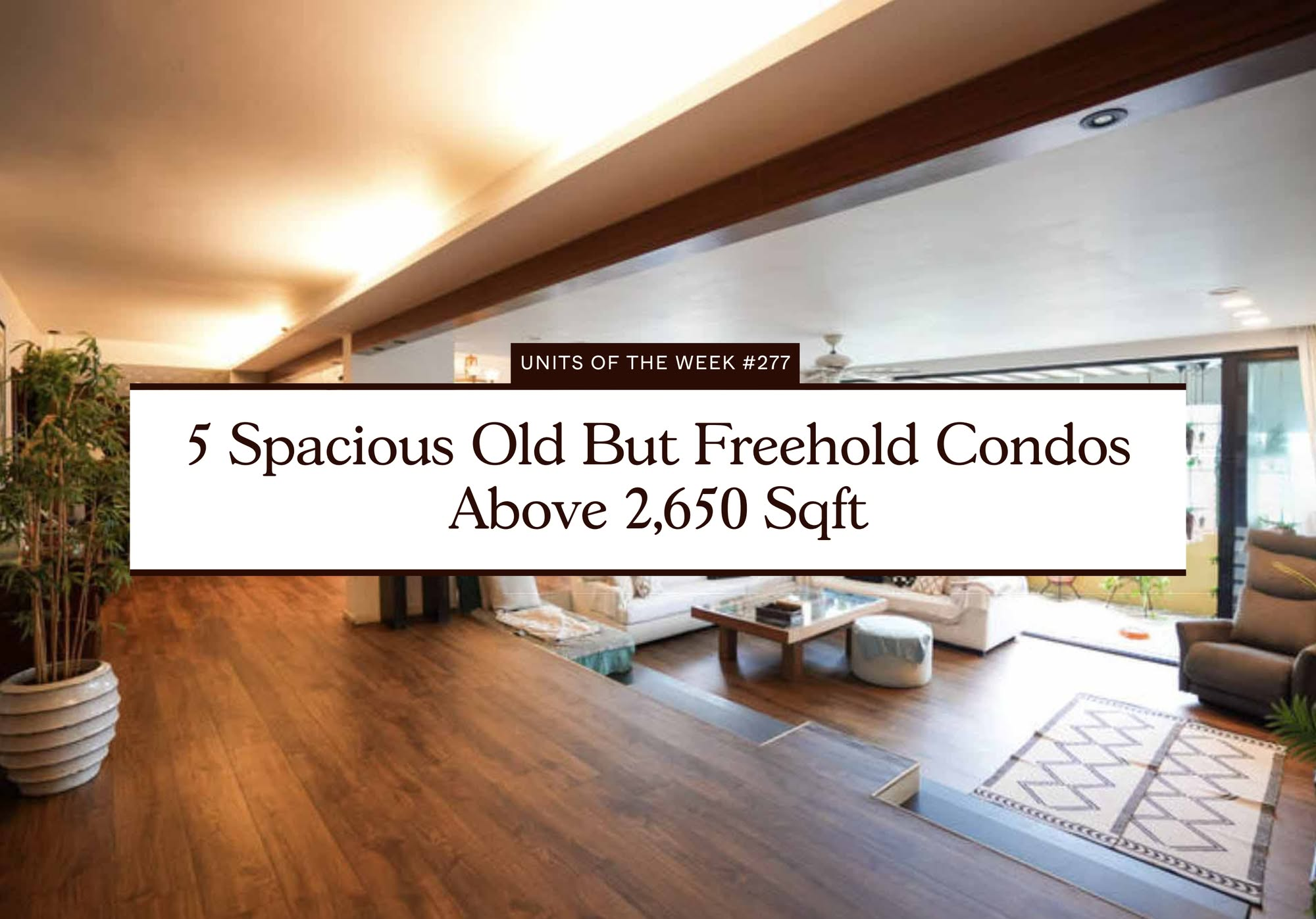
On The Market 5 Spacious Old But Freehold Condos Above 2,650 Sqft
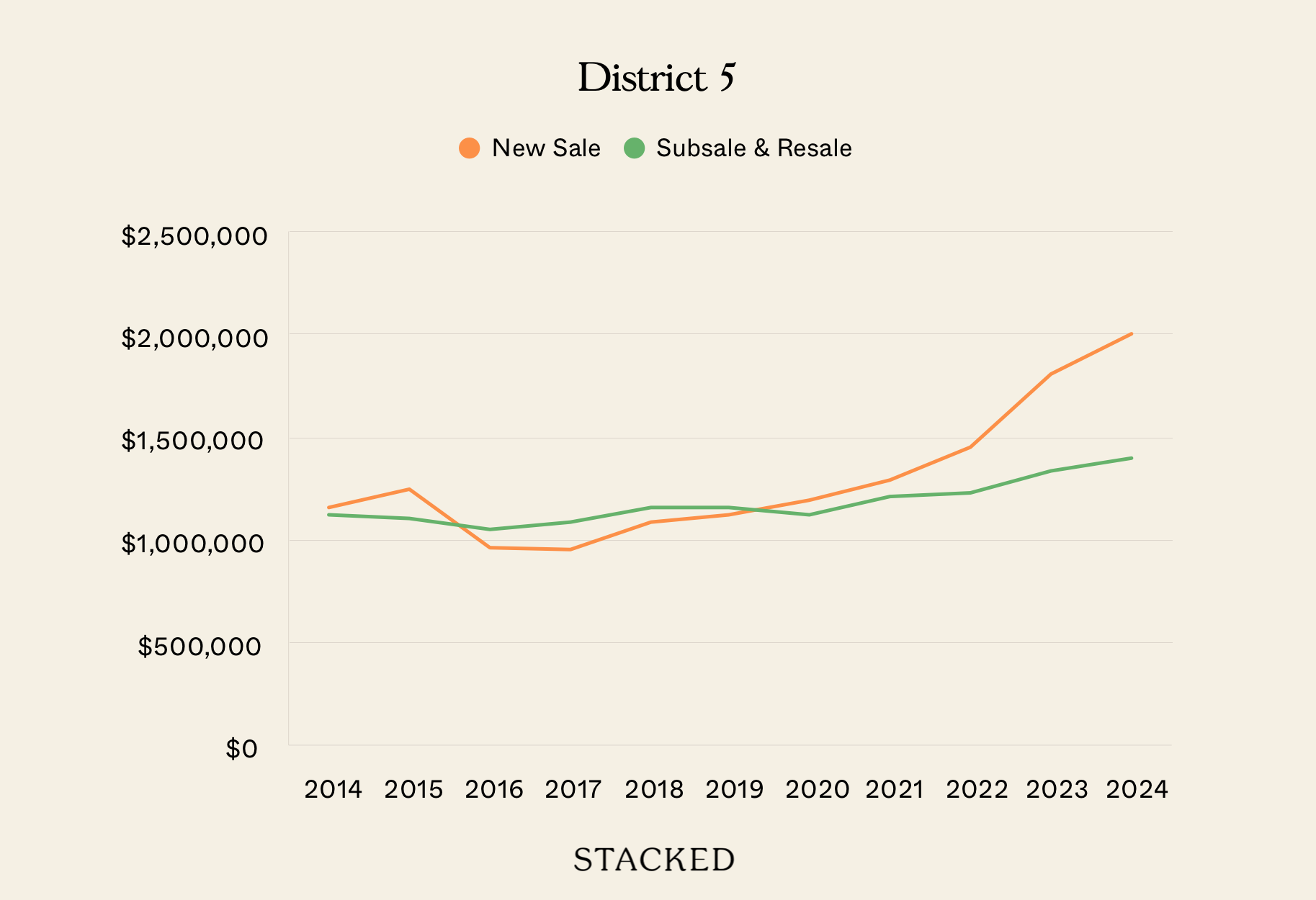
Property Investment Insights We Compared New Launch And Resale Condo Prices Across Districts—Here’s Where The Price Gaps Are The Biggest
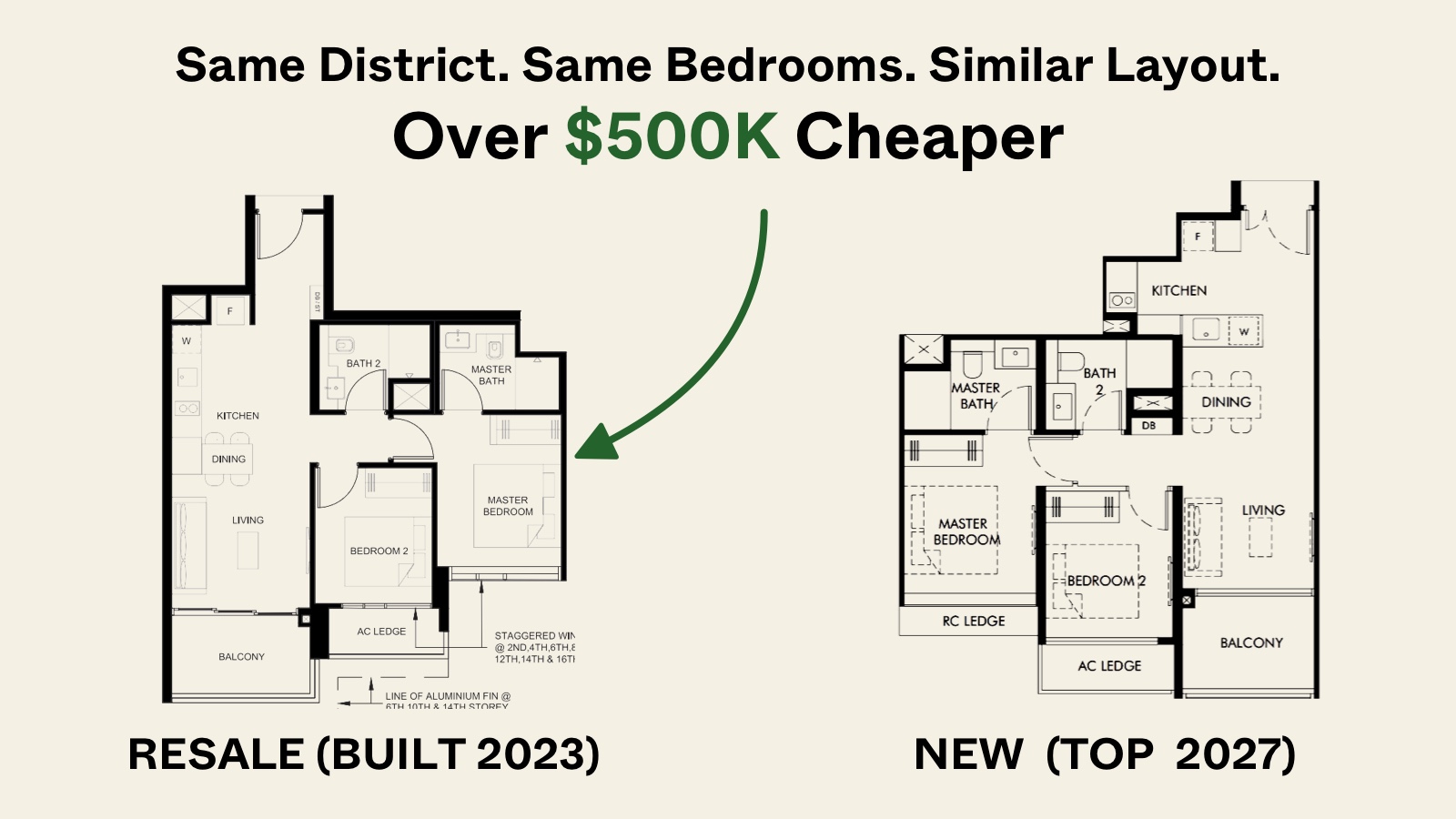
Pro Similar Layout, Same District—But Over $500K Cheaper? We Compare New Launch Vs Resale Condos In District 5
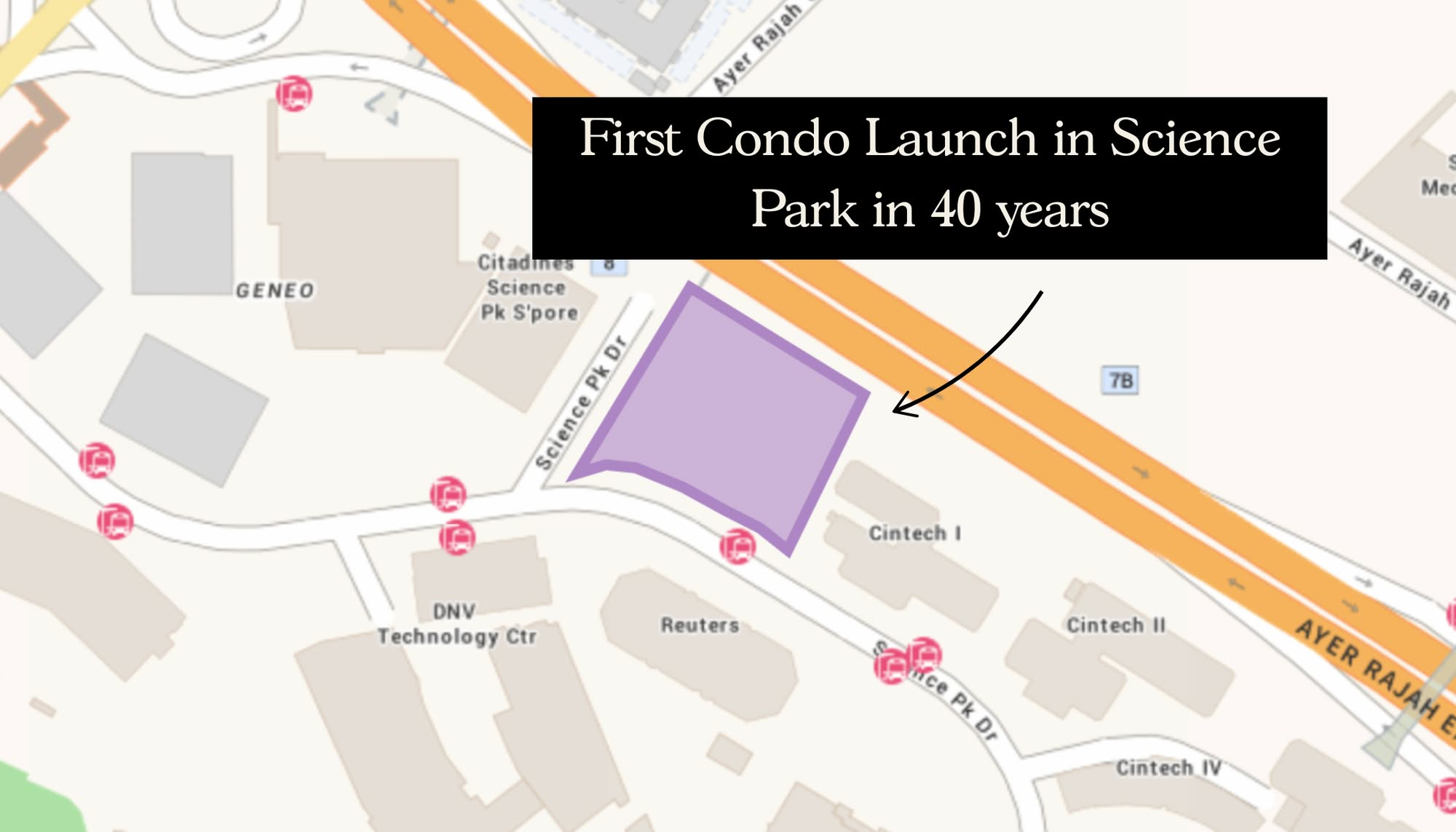


I think it’s also optics to show they’re doing something about the inflows of money.. the othe real question is whether they’re doing enough on immigration policy, else what you see as “local buyers” could just be freshly minted Singaporeans/PRs